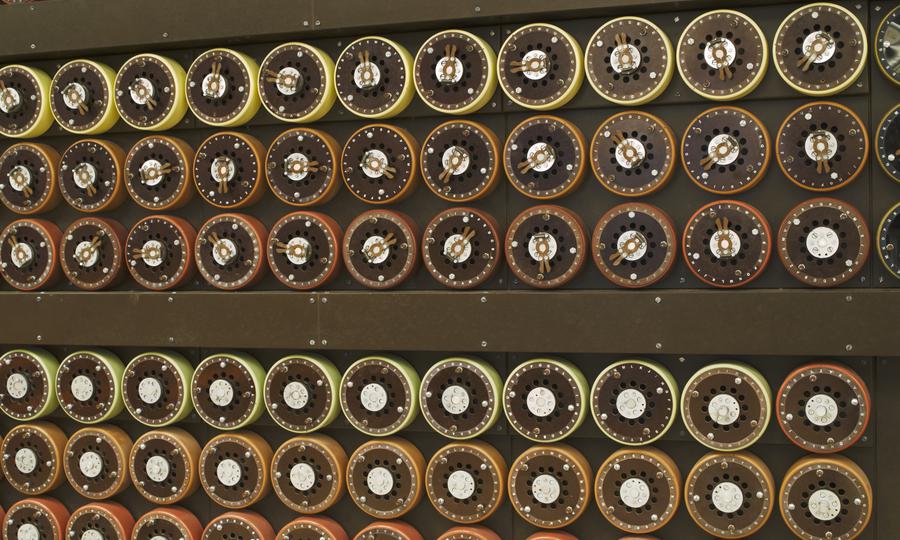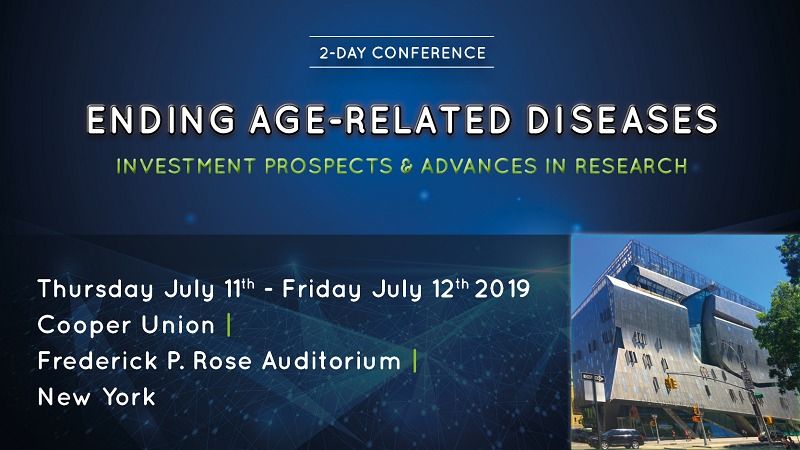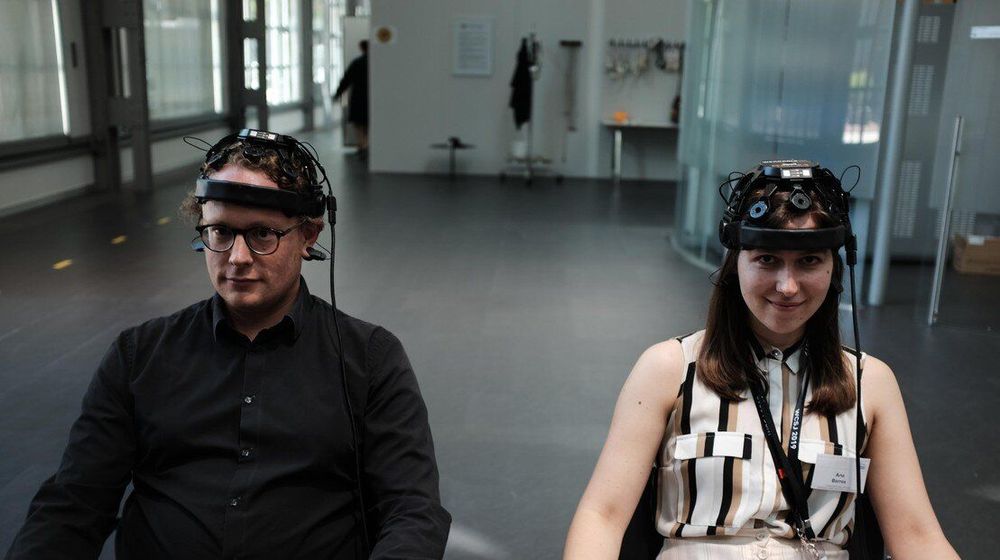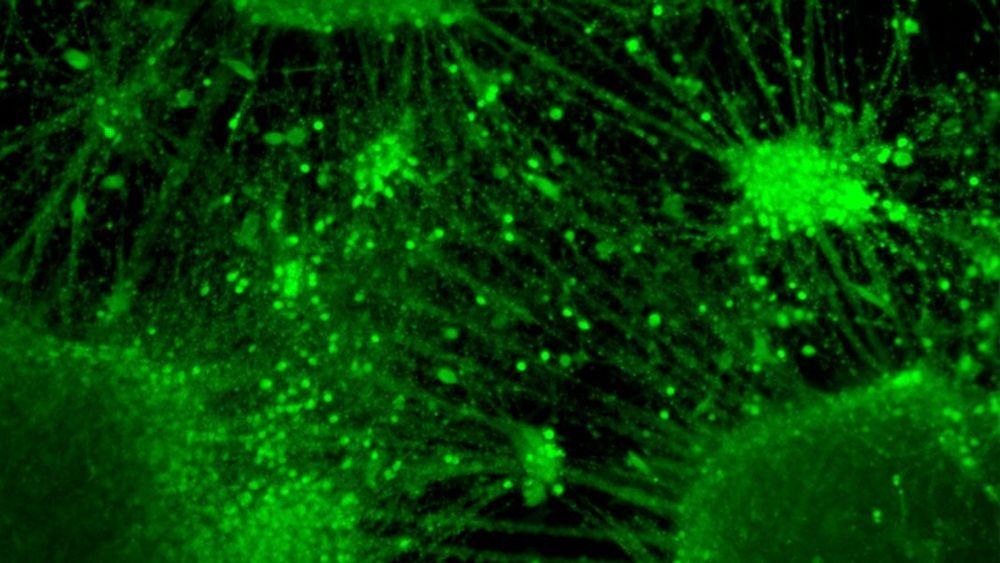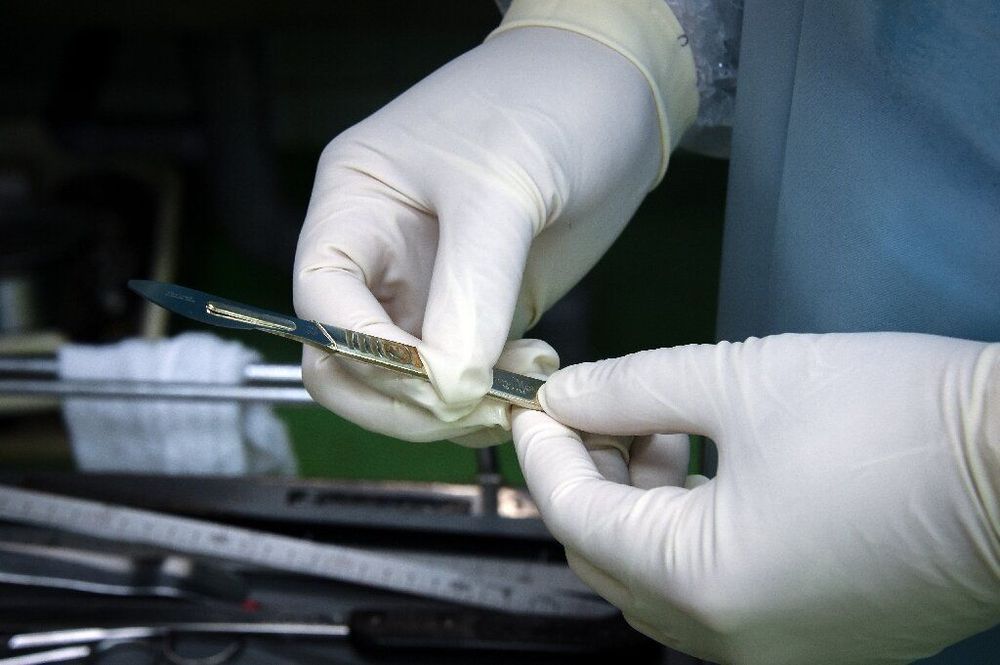Page 8604
Jul 8, 2019
Two Days Until the Ending Age-Related Diseases 2019 Conference
Posted by Steve Hill in categories: biotech/medical, business, life extension
There are now only two days to go before the Ending Age-Related Diseases 2019 conference at the Cooper Union in New York City. This is our annual conference that brings together industry leaders from biotech research and business.
We have almost sold out of tickets, so if you are thinking about attending, you should act today to secure your place.
Jul 8, 2019
Important results for brain machine interfaces
Posted by Paul Battista in categories: biotech/medical, neuroscience
Data from Mental Work project, conducted as an experimental artwork at EPFL’s Artlab, indicates that BMI is robust and accessible to the general public, spurring new research collaborations in Switzerland on user experience.
Brain-machine interfaces are rarely found outside of medical clinics, where the disabled receive hours or days of training in order to operate wheelchairs with their minds. Now the largest-ever BMI experiment Mental Work, conducted as an experimental artwork at EPFL’s Artlab, has provided preliminary evidence that training time can be shortened, the use of dry electrodes are a robust solution for public BMI and that user performance tends to improve within a relatively short period of time. The still-to-be-published results suggest that BMI may soon reach a much larger and more diverse population. A new collaboration between the Foundation Campus Biotech Geneva, the EPFL and the HEIG-VD in Yverdon will build on the promising results will build on the promising results of Mental Work to further develop user-friendly and publicly accessible interfaces to interact with the physical and digital world using only one’s mind.
“This is the first demonstration that installation art can be used as an experimental platform for breakthrough science,” says Jonathon Keats, the artist and experimental philosopher who conceptualized Mental Work.
Jul 8, 2019
David Sinclair — Cracking & reversing the aging clock — Science Unlimited 2019
Posted by Paul Battista in categories: genetics, life extension, science
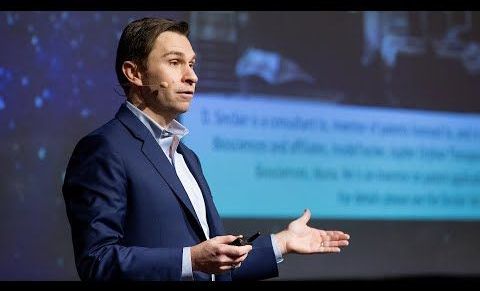
Renowned longevity researcher David Sinclair believes aging is not inevitable but a treatable condition. In his talk at Science Unlimited 2019, he explained why we age – and how we can reverse aging to extend human healthspan and lifespan.
David Sinclair is Professor in the Department of Genetics, Blavatnik Institute and co-Director of the Paul F. Glenn Center for the Biological Mechanisms of Aging at Harvard Medical School. Science Unlimited is held in Montreux, Switzerland, as part of the annual Frontiers Forum. See all speakers: https://forum.frontiersin.org
Jul 8, 2019
The Pill That Could Change the Future of Aging
Posted by Paul Battista in categories: biotech/medical, government, life extension
A network of government-funded labs has spent the past 15 years searching for a drug that can slow down aging. The results have researchers excited.
Jul 8, 2019
Update: Building (and placing!) a Bitcoin ATM
Posted by Philip Raymond in categories: bitcoin, cryptocurrencies, economics
A new section: Bitcoin ATM business model
has been added. Jump to “2019 Update”
The good news is that building a Bitcoin ATM is easy and less expensive than you might expect. But, offering or operating them engulfs the assembler in a regulatory minefield! It might just be worth sticking to selling bitcoin on PayPal (visit this website for more information on that). You might also wish to rethink your business model —especially user-demand. That’s the topic of our 2019 update at the bottom of this article.
A photo of various Bitcoin ATMs appears at the bottom of this article. My employer, Cryptocurrency Standards Association, shared start-up space at a New York incubator with the maker of a small, wall mounted ATM, like the models shown at top left.
What is Inside a Cryptocurrency ATM?
Continue reading “Update: Building (and placing!) a Bitcoin ATM” »
Jul 8, 2019
Who Gets to Decide What Our Space Settlements Look Like?
Posted by Klaus Baldauf in categories: futurism, space
Jul 8, 2019
Futurist Explains 5 Keys to the Next Crypto Boom
Posted by Mark Larkento in categories: bitcoin, finance
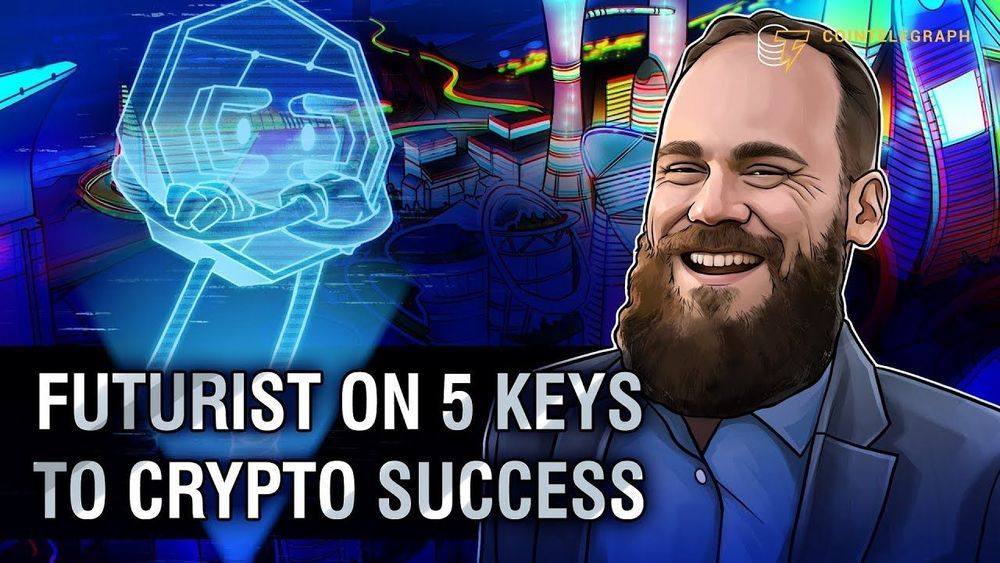
Good Article
According to futurist and author Daniel Jeffries, there are five key factors missing for crypto to fully succeed as a technology. Will Libra be the end of the traditional financial order as we know it? Does it pose an existential threat to people’s freedom?
Continue reading “Futurist Explains 5 Keys to the Next Crypto Boom” »
Jul 8, 2019
Could Lab-Grown Brains Develop Consciousness?
Posted by Paul Battista in category: neuroscience
There’s a very un-sexy view of consciousness: our rich, meaningful inner experience of self and other is nothing but electrical and chemical chattering inside our brains.
If you, like many scientists, subscribe to this theory, then a difficult question naturally follows: at what point does electro-chemical activity in dissected brain-like tissue become conscious? Yes, I’m talking about the classic sci-fi “brain in a vat” scenario; no, we are absolutely not there.
But this week, a Japan-led study in Stem Cell Reports is raising some serious red flags. For the first time, a team carefully characterized the electrical chattering of neurons grown from a brain organoid and found that they spontaneously formed long-distance connections that allowed them to fire in synchrony. “Fire together; wire together” is a fundamental testament of learning in neuroscience. Because neurons in lab-grown minibrains can sync up their activity, analogous to how neurons hook up in our brains, it’s possible that the brain nuggets have the capability to support higher cognitive functions when they’re more mature.
Jul 8, 2019
Surgery restores arm function in some paralysed patients: study
Posted by Paul Battista in categories: biotech/medical, electronics
Surgeons in Australia have managed to restore arm function in paralysed patients, allowing them to feed themselves, use tools and handle electronic devices, according to the results of a groundbreaking study released Friday.
Thirteen young adults who had suffered spinal injuries rendering them tetraplegic underwent several operations and intense physiotherapy in the largest ever application of a technique known as nerve transfer surgery.
A team of surgeons succeeded in attaching individual nerves from above the zone of the spinal injury to nerves below the trauma site. The functioning nerves were then used to stimulate paralysed muscles below the injury zone.
